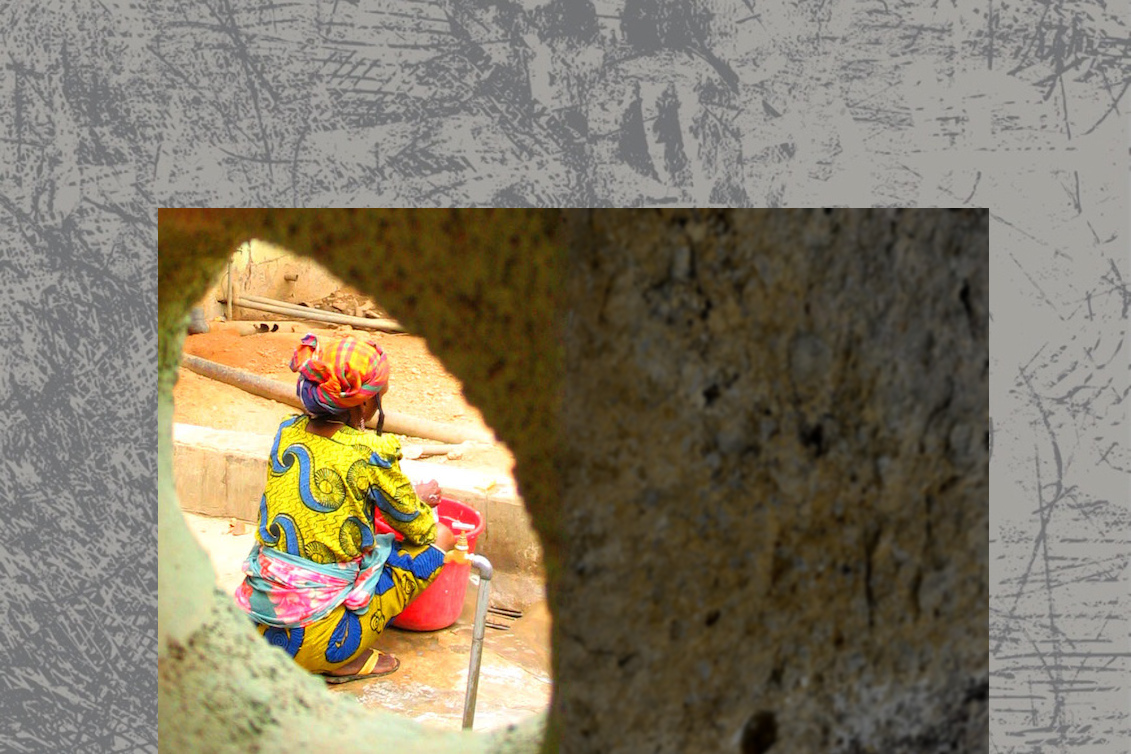🌐 WOMEN’S STORIES _ The Chibok Girls
Amber Karlins,
The Heroine Collective
Everyday
Heroines

In the
northeast corner of Nigeria, in a state known as Borno, lies the village of
Chibok. It’s a poor village with minimal access to things we take for granted
daily — things like water and electricity. But, despite its many disadvantages,
this village has always had one particularly important asset: a school.
Chibok is
home to the district’s only secondary school, and even as far back as 1970, it
has been fighting for the right to keep that school and educate its children.
The events of 14 April 2014 have served to underline the village’s belief
in education, and the aftermath demonstrates their impressive, continuing fight
for the right to receive knowledge.
For years
prior to this fateful day, Boko Haram, a terrorist organization whose name
loosely translates to “Western Education is Forbidden”, had been committing
atrocities in Borno. They had attacked police officers, burned down churches,
and detonated roadside bombs. They were greatly feared. Still,
many families in Chibok decided to educate their daughters, knowing
full well the risk that decision presented. They bravely sent them to school,
hoping the security guards would be enough to protect them. Sadly, they
weren’t.
On the
evening of 14 April 2014, the unarmed security guard at Chibok’s secondary
school saw militants from Boko Haram approaching and fled. The school was
sieged and 276 girls were kidnapped. Chibok – and soon the world – watched,
horrified, as Boko Haram pledged to force these young women into marriages
against their will. A campaign which attracted global attention was launched to
“Bring Back Our Girls”.
Over a
year later, we all watched in utter horror when 234 of the 214
girls were returned visibly pregnant. It is believed likely that the other
42 girls are now dead.
More
fortunately, over 50 of the girls who were kidnapped, escaped. They roamed
for miles in oppressive heat, sleeping in the bush to avoid night-time raids by
their oppressors, finally managing to make their way back to Chibok.
Despite threats by Boko Harem to slaughter their families, 21 of those girls
made the astonishingly brave decision to return to school. The sister of one of
the kidnapped girls went from village to village, recruiting the young girls
who escaped, and offering them scholarships to attend the American University
of Nigeria (ANUF).
AUNF is
standing up for both Nigeria’s future and for an enlightened, tolerant world
that refuses to accept any child is too remote or poor to be denied the
precious gift of knowledge.
In the
midst of unimaginable pain and fear, the village of Chibok found the hope and
the strength necessary to stand in defiance. As they have done since 1970, they
are continuing to fight for knowledge and education.
Boko
Haram has a long history of kidnapping women and girls — a history that
extends far beyond the tragic events of April 2014. Some change has occurred
this time around. The horrific rapes suffered on this kidnapping have prompted
organisations to correct a misinterpretation of the Helms Amendment, which
until now, has meant that the US cannot provide these women
with abortion care. There is pressure to re-draft the amendment which
would at least allow funds to be used for abortion when the person has
suffered rape, incest or threats to life.
But the
psychological trauma these women and girls have suffered will go untreated. The
brave move to return to education is a testimony to all those affected by
the terrible events, a testimony which promises Chibok’s civilians will
continue their fight for a better future.
If you’d
like to support the efforts being made to help the escaped girls – and others
who suffered from the insurgency – with continuing education, please visit ANUF.


